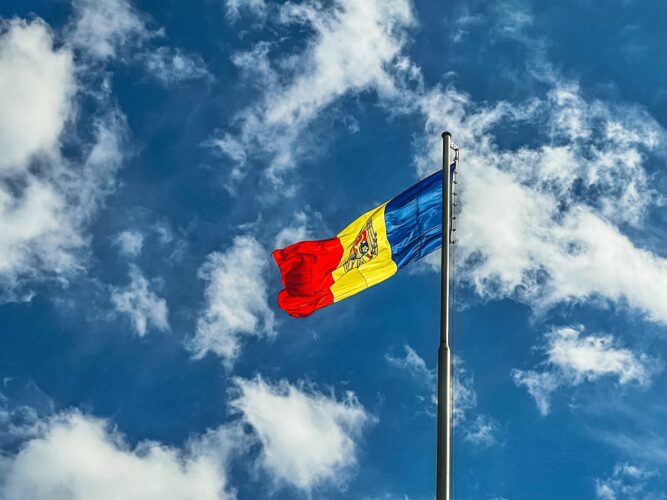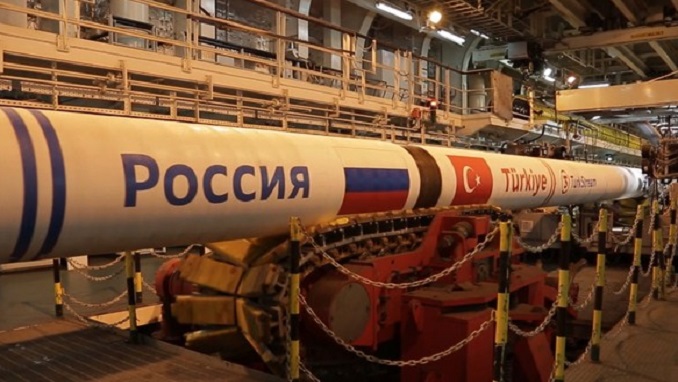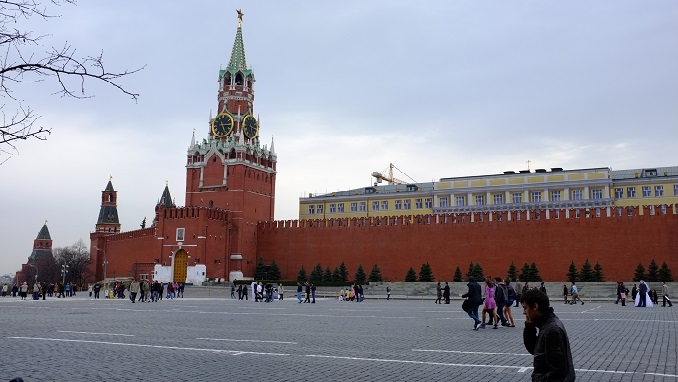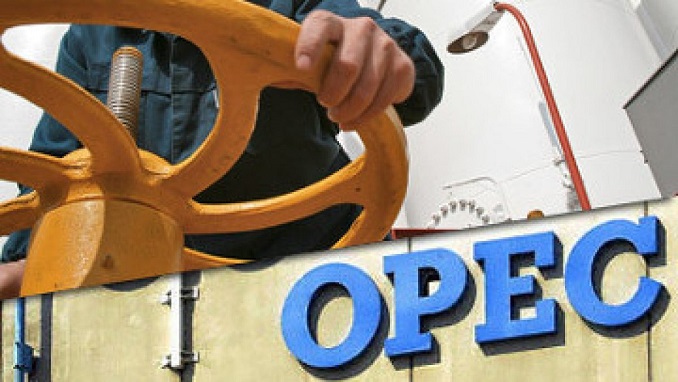Thousands of anti-government demonstrators took to the streets of Moldova’s capital on Sunday to voice their outrage about claimed failures by the administration in the face of a severe winter energy crisis and increasing inflation, The Times of Israel reported.
The demonstrators gathered in Chisinau, the country’s capital, and marched toward the Constitutional Court while chanting protest-related chants. They demanded an early election for Maia Sandu, Moldova’s pro-Western president, to step down.
Moldova, a former Soviet country with 2.6 million residents situated between Romania and Ukraine, has clearly moved toward the West in recent months. But during the past two months, a number of demonstrations organized by the populist Shor Party have shaken the nation.
Ilan Shor, the head of the Shor Party, is an exiled Moldovan oligarch who resides in Israel. He is accused of stealing $1 billion from a bank and was recently added to a US State Department sanctions list for allegedly serving Russian interests.
Shor is allegedly collaborating with “corrupt oligarchs and Moscow-based companies to cause political upheaval in Moldova” and to thwart the nation’s efforts to accede to the EU, according to the US.
Moldova and the ravaged Ukraine both received EU candidate status in June.
The Moldovan government asked the country’s Constitutional Court to declare the Shor Party unlawful on Thursday. Prosecutors claim that at least some Russian finances were used to fund the protests, and the Moldovan anti-corruption prosecutors’ office is looking into this claim.
The Moldovan government is being battered by the demonstrations as it struggles with a severe winter energy problem and quickly increasing prices. One of the poorest countries in Europe, Moldova, is solely dependent on Russia for its natural gas supply, which was recently cut in half.
President of the EU Commission Ursula von der Leyen conducted an official visit to Moldova on Thursday, during which she committed the EU to provide 250 million euros to assist Moldova in addressing its energy issue and supporting its most vulnerable citizens.
“Moldova is part of our European family,” the EU Commission president said. “And family must stick together when the times are getting tough.”



